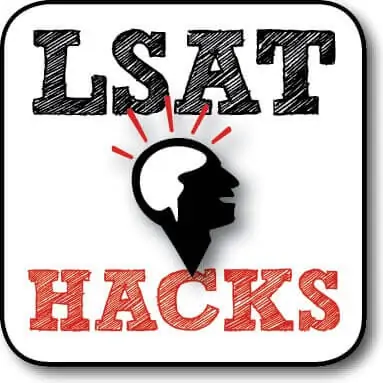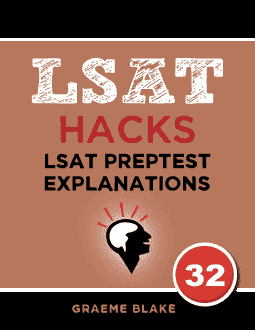This is an explanation for passage 1 of LSAT preptest 32, the October 2000 LSAT. This passage is about defense lawyers. The author believes that lawyers should not claim a client is innocent if they know he is guilty.
This section has paragraph summaries and an analysis of the passage, links to the explanations for the questions are below.
Paragraph Summaries
- Opposing View: Lawyers should defend clients, even if they think they’re guilty.
- Author’s View: Lawyers owe an obligation to the court (and society). They should not claim a client is innocent if they know he is guilty.
- Support for Author: this view will help defendants, too. An honest defense is best. Lawyers should support the rights of a defendant, but they must do so based on the facts.
Analysis
This passage presents a clear point of view. The scholars mentioned in the first paragraph are wrong. A lawyer should not claim a client is innocent if they know he is guilty.
The final paragraph makes the dubious argument that a guilty client is best off if his lawyer states he is guilty (or at least doesn’t argue against the prosecution). This is a very weak argument. In some cases, the prosecution will lack evidence. According to this argument, the client is nonetheless better off if the defense admits guilt. This argument ignores that the prosecution has the burden of proof.
It might be better for society if defense lawyers snitched on guilty clients, but it’s hard to say the defendant is better off in jail. This doesn’t come up in the questions, but it’s important to know that RC arguments can be quite weak.
The overall point that lawyers shouldn’t lie is a good one, but the argument lacks nuance. And what happens if a client really is innocent, but his lawyer thinks he is guilty? Then he’s probably doomed to jail, even though society would be better off if he were acquitted.

Want a free Reading Comp lesson?
Get a free sample of the Reading Comprehension Mastery Seminar. Learn tips for solving RC questions


Leave a Reply